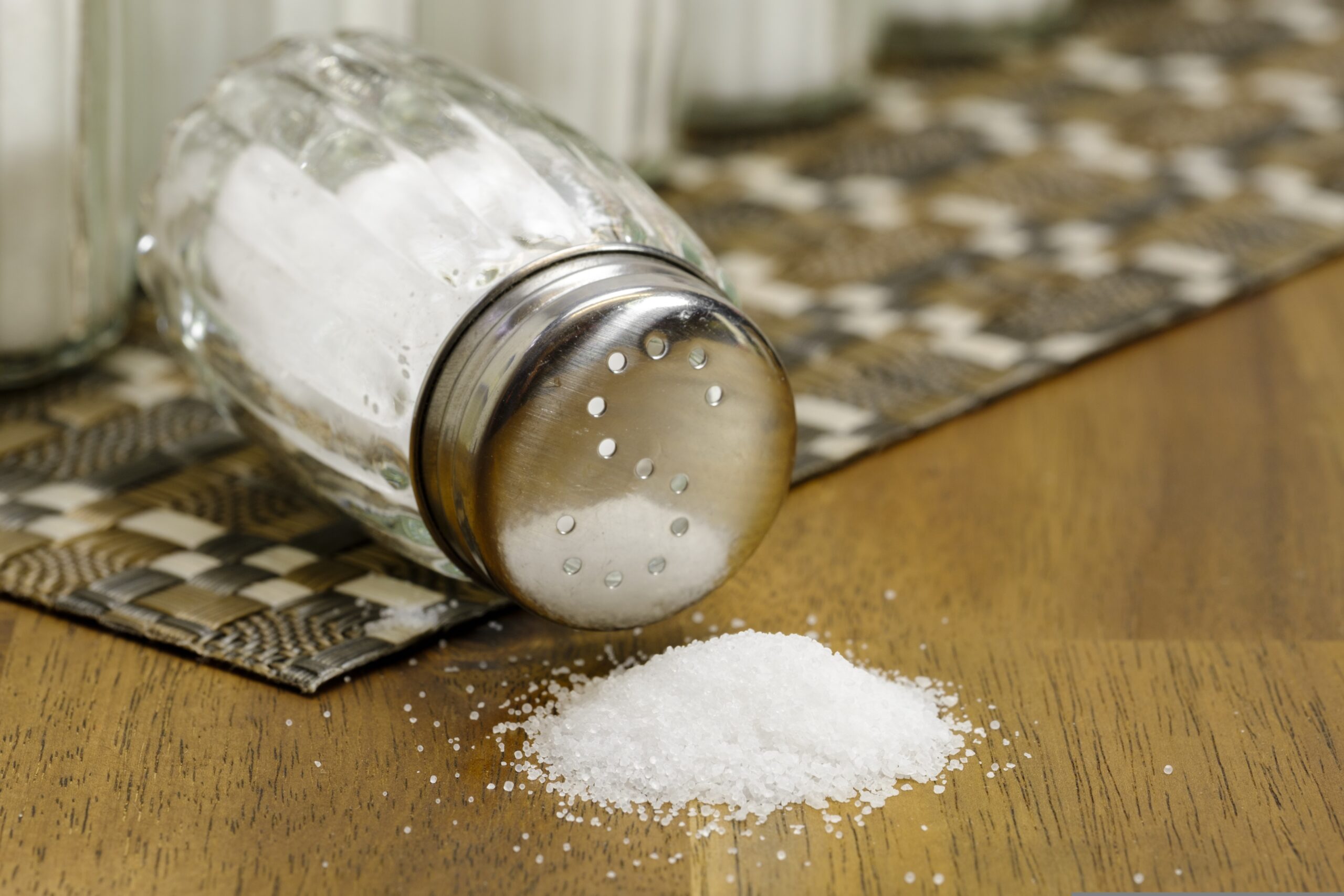PEOPLE in Spain have been warned to cut back on salt to avoid health problems with consumption nearly double the recommended level.
The World Health Organization (WHO) set a target 12 years ago to slash salt consumption by a third by 2025, but many countries have fallen well short.
The Spanish Agency for Food Safety and Nutrition (AESAN) says people are taking an average of 9.7 grams of salt per day, as opposed to the WHO guideline of just 5 grams.
READ MORE:

Excess salt in food leads to around 1.9 millions deaths worldwide each year.
Dr. Daniel Villa, a nephrologist at the Clínica Universidad de Navarra said: “You have to be careful, because adding too much salt can have long-term consequences such as a stroke, a heart attack, stomach cancer, and hypertension”.
His colleague, nutritionist Isabel Higuera, added that ‘in Spain we have always used salt as a preservative’.
“Adding salt when cooking is seen as a sin but the biggest danger is in processed foods such as bread, cheese, sausages or ready meals,” she added.
The European Union has tried to reduce salt in such common products as bread or cheese.
But there is still a lot of progress to be made with experts suggesting practical measures for consumers.
Daniel Vila believes in staying true to Spain’s famous Mediterranean diet which is rich in vegetables, legumes, fish and olive oil.
Isabel Higuera noted the importance of reading labels when shopping is key to choosing products containing lower salt levels.
Click here to read more Health News from The Olive Press.








